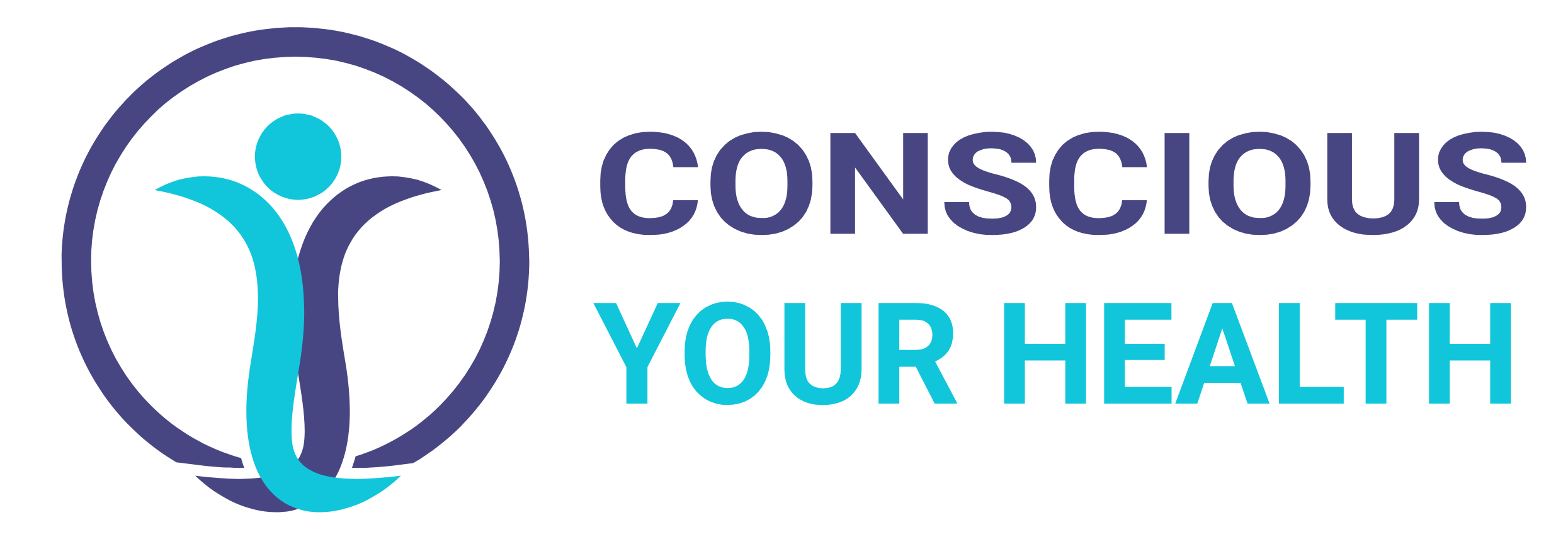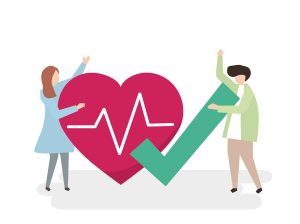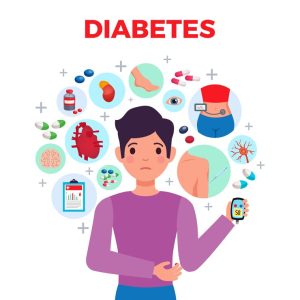Regular exercise and healthy eating habits play a pivotal role in maintaining a healthy cardiovascular system. Physical activity strengthens the heart, improves blood circulation, and helps manage weight, reducing the risk of heart disease. A balanced diet rich in fruits, vegetables, and whole grains provides essential nutrients that support heart health, regulating cholesterol levels and blood pressure. Together, these habits contribute to a resilient cardiovascular system, promoting overall well-being and longevity.
Engaging in regular exercise and maintaining healthy food habits are cornerstones of cardiovascular health, offering a myriad of benefits that contribute to the overall well-being of the heart and circulatory system. Physical activity is a potent catalyst for cardiovascular fitness. Aerobic exercises, such as brisk walking, running, cycling, and swimming, enhance heart and lung function, promoting efficient oxygen delivery to tissues. This improved oxygenation reduces the heart’s workload, leading to a more resilient cardiovascular system. Moreover, exercise helps manage weight, a crucial factor in preventing obesity—a significant risk factor for heart disease.

A well-balanced diet complements the benefits of exercise by providing essential nutrients that support heart health. Diets rich in fruits and vegetables offer an abundance of vitamins, minerals, and antioxidants, which play a pivotal role in reducing inflammation and preventing oxidative stress in the arteries. Whole grains contribute fiber, aiding in cholesterol management and promoting a healthy gut microbiome. Lean proteins, such as fish and poultry, provide essential amino acids without the saturated fats found in red meats, supporting cardiovascular health.
Exercise and healthy food habits work synergistically to regulate blood pressure. Regular physical activity helps maintain the elasticity of blood vessels, facilitating smooth blood flow and reducing the strain on the heart. The inclusion of potassium-rich foods, like bananas and leafy greens, and the moderation of sodium intake further contribute to blood pressure regulation. These lifestyle choices help prevent hypertension, a significant risk factor for strokes and heart attacks.
Managing lipid profiles is another critical benefit of this dual approach. Exercise has a favorable impact on cholesterol levels by increasing high-density lipoprotein (HDL) cholesterol—the “good” cholesterol—and lowering low-density lipoprotein (LDL) cholesterol. Meanwhile, a diet low in saturated and trans fats aids in maintaining healthy cholesterol levels, preventing the buildup of plaque in the arteries. This collaborative effort reduces the risk of atherosclerosis, promoting arterial health and preventing cardiovascular events.
The combination of exercise and a nutrient-dense diet plays a pivotal role in preventing and managing type 2 diabetes, a condition intricately linked to cardiovascular health. Physical activity improves insulin sensitivity, helping regulate blood sugar levels, while a diet focused on whole foods and complex carbohydrates supports stable glucose metabolism. By reducing the risk of diabetes, this lifestyle approach also diminishes the likelihood of associated cardiovascular complications.

Furthermore, exercise and healthy food habits positively impact mental health, reducing stress and promoting overall well-being. Chronic stress can contribute to cardiovascular problems, including hypertension. Regular physical activity stimulates the release of endorphins, promoting a sense of well-being, while nutritious foods support brain function and mood stability.
In conclusion, the benefits of exercise and healthy food habits on the cardiovascular system are extensive and interconnected. These lifestyle choices enhance cardiovascular fitness, regulate blood pressure and lipid profiles, prevent obesity and diabetes, and contribute to overall mental well-being. Adopting and sustaining these habits are fundamental steps toward cultivating a resilient and thriving cardiovascular system, paving the way for a healthier and more fulfilling life.



